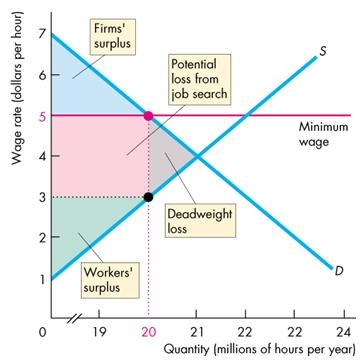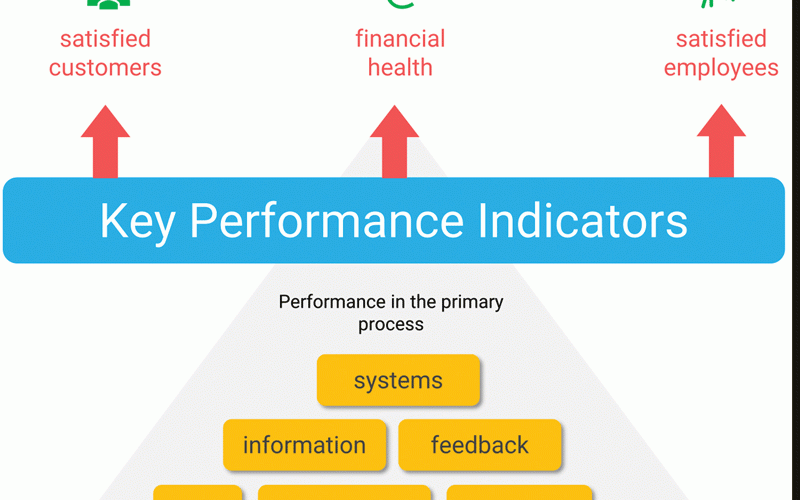
SEVERAL economic analysts have made calls for the Government of Zimbabwe to pursue its parastatal reforms that would see the liquidation, merging, privatisation, and recapitalisation of some state-owned utilities (SOEs).
Privatisation basically involves selling state-owned assets to the private sector. This can be done through a normal share–sale transaction to a private investor or via an Initial Public Offering (IPO) on an exchange.
It is argued the private sector players tend to run a business more efficiently because of the profit motive.
Privatisation has several advantages that include:
- Improved efficiency,
- Lack of political interference, and
- Increased competition.
In this article, Piggy focuses on economic efficiency.
Piggy has maintained a strong stance that government intervention in markets is a major factor contributing to economic inefficiencies in Zimbabwe.
Generally, economic inefficiencies can be caused by various factors which include:
- Imperfect competition
- Common property resources (public goods),
- The presence of externalities in consumption and production,
- Information asymmetry and
- Government intervention in markets.
Economic inefficiency generally refers to an absence of efficiency.
- Directors move to tackle governance crisis
- Women demand financial sector overhaul
- Old Mutual tech hub trains start-ups
- Stage set for the 21st Old Mutual Nama awards
Keep Reading
On the other hand, economic efficiency is when a very scarce resource in an economy is used and distributed among producers and consumers in a way that produces the most economic output and benefit to consumers.
Economic efficiency can involve efficient production decisions within firms and industries, efficient consumption decisions by individual consumers, and efficient distribution of consumer and producer goods across individual consumers and firms.
Economic efficiency can be broken down into allocative and production efficiency. An allocation of resources is “pareto efficient” if it is not possible to make someone strictly better off without making someone else strictly worse off.
Government intervention or regulation can cause inefficiencies when it distorts the forces of supply and demand. Further, inefficiencies can arise because of time lags, corruption, and lethargy in execution.
Interventions in the market may include imposing taxes, subsidies, quotas price ceiling or floors and setting a minimum wage.
As an illustration, we demonstrate how setting a minimum wage can cause inefficiencies as it can destabilise some of the conditions of perfect competitiveness.
As shown in the diagram, without the government intervening with a minimum wage, the market will set an equilibrium wage at a given level of labour quantity and this results in efficient allocation of resources as marginal private benefit by the labour demand equals marginal private costs (costs of leisure forgone) represented by the labour supply.
However, if the minimum wage is set above the perfectly competitive level, it will result in a dead weight loss. The minimum wage will therefore lead to loss of employment thereby exerting a burden to society as well as on national coffers (unemployment benefits).
In addition, as more individuals are unemployed, they will incur additional costs in searching for employment.
This illustration is just one example of how government intervention in markets can lead to inefficiencies. Piggy has always argued that governments make poor economic managers as they tend to be motivated by political pressures rather than sound economic and business sense.
Private companies have a profit incentive to cut costs and be more efficient than parastatals. This increases the overall efficiency and reduces the bureaucratic culture which is the main culprit in state-owned enterprises.
Overall, Piggy maintains a negative tone on listed companies that are linked to governments. Piggy also considers soft issues such as corporate governance and the quality of management teams in stock market recommendations.
In most cases, foreign strategic shareholders have a strong influence in terms of upholding strong corporate governance and investor relations standards.
This supports Piggy’s BUY calls on counters such as Delta Corporation, Old Mutual Zimbabwe and NMBZ Holdings.
For more insights, join a PiggyBankAdvisor WhatsApp Group (+263 78 358 4745).
- Matsika is the managing partner at Mark and Associates Consulting Group and founder of piggybankadvisor.com. — +263 78 358 4745 or [email protected]/ [email protected].











